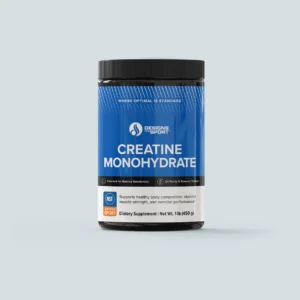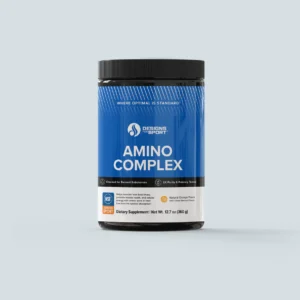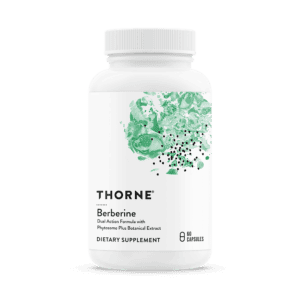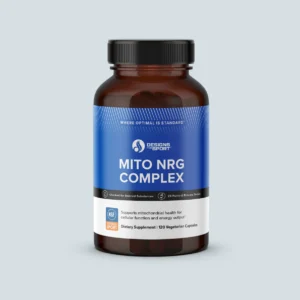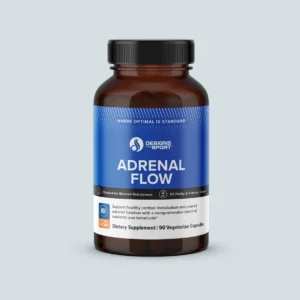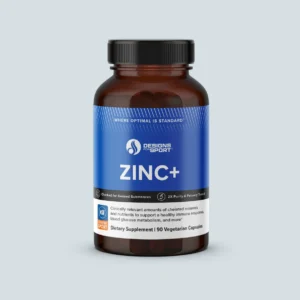The Benefits of Protein
Home »
Protein is essential for optimal health, body composition, and energy levels.
If you are looking to improve your wellness journey, then learning about the benefits of protein should be at the top of your list. While many people think that all proteins are created equal, this is not the case; quality should always be determined by Biological Value (BV). Animal proteins such as meat contain the nine essential amino acids, including three Branch Chain Amino Acids (BCAAs): Leucine, Isoleucine and Valine. In this blog post, we’ll discuss why protein is important and its numerous functions in terms of tissue growth and maintenance, managing enzymes, hormones, antibodies, fluid balance, nutrient transportation, as well as providing calories to meet the body’s energy needs.
High-protein diets have become increasingly popular in recent years due to their purported health benefits. A high-protein diet can lead to improved blood sugar control and a decrease in appetite which can help with weight management. Furthermore, studies suggest that high-protein diets may reduce muscle loss during aging and provide a greater sense of fullness after meals which could lead to reduced calorie intake over time. High-protein intakes have also been associated with improved cognitive function and reduced risk of type 2 diabetes.
The Benefits of Protein:
Protein serves numerous functions in terms of tissue growth and maintenance, as well as providing calories to meet the body’s energy needs. It is also one of three macronutrients (along with fat and carbohydrates) that provide energy for bodily processes. Not only does protein provide energy for daily functioning but it is also necessary for repairing damaged tissues after exercise or injury and helping build new muscles. Furthermore, proteins are used by the body to produce hormones needed for various metabolic processes such as digestion and metabolism regulation. Finally, protein helps support healthy immune function by producing antibodies to protect our bodies from potential pathogens or infections.
The Quality of Proteins Matters…
While all proteins are not created equal in terms of their nutrient content or digestibility it is important to note that some sources are higher quality than others when it comes to providing beneficial nutrients such as amino acids needed for muscle growth and repair. Animal proteins such as beef or chicken contain all 9 essential amino acids – including three Branch Chain Amino Acids (BCAAs): Leucine, Isoleucine and Valine – while plant proteins do not typically provide these 3 BCAAs making them lower quality sources overall when compared with animal proteins from food sources like meat or fish. It is therefore important to ensure that you include a variety of high-quality protein sources into your diet to meet your daily needs for optimal health and body composition goals!
Protein Sources!

So, what have we learnt?
Protein plays an integral role in both health maintenance and performance enhancement due to its ability to promote tissue growth and repairment; manage enzymes, hormones, antibodies; regulate fluid balance; transport nutrients; provide calories; support immune system; aid cognitive development; reduce risk factors associated with type 2 diabetes and more!
While there are several plant-based sources available – it would be beneficial for individuals looking to optimise their health and performance goals – particularly those who engage in physical activities – to incorporate animal-based proteins into their diets due its superior nutritional properties e.g., containing all 9 essential amino acids including 3 BCAAs (Leucine, Isoleucine and Valine) which aid muscle building and recovery.
Ultimately – having a balanced diet rich in quality proteins – while engaging in physical activity – will help you reach your desired goals!
Team Shredded

Turn Your Goals into Reality! Contact Us today

Shredded APP
Book into classes, manage your membership, passes, book our private recovery spaces and MORE! All you need to do is download and log in to the Shredded App!
Meet the team
At Shredded, we take care of our coaches so they can take care of you. Our team is on hand to support you while you train and help you as you progress towards your goals.










